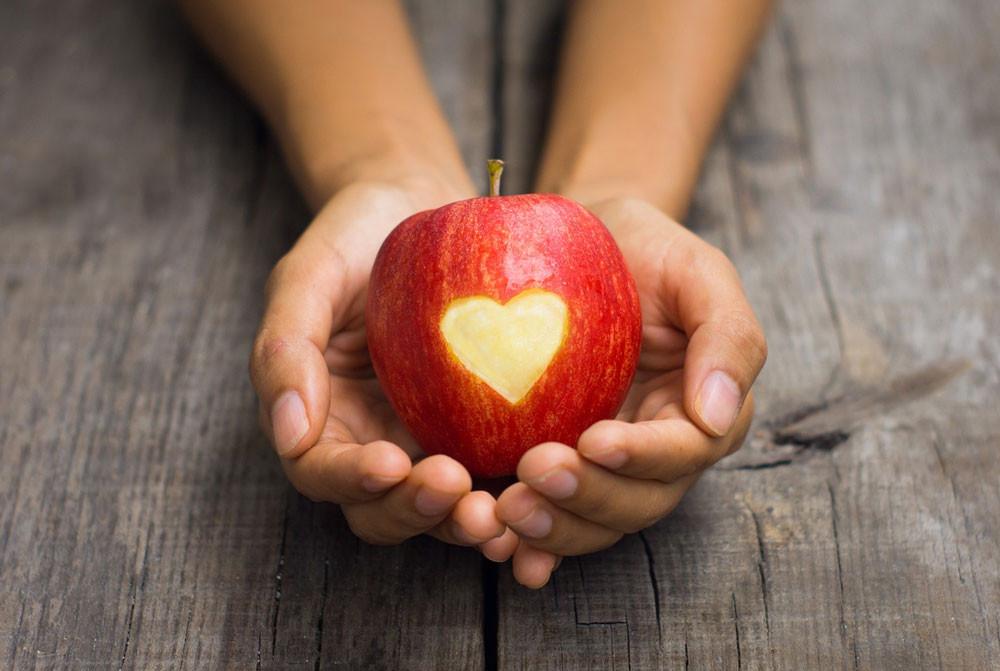None of us want high blood pressure, folks! It’s known as the “silent killer” for a reason–you can have high blood pressure but not feel any symptoms. Despite a lack of symptoms, high blood pressure, or hypertension, is serious. As noted by the Mayo Clinic, having high blood pressure can damage your arteries, your heart and even your eyes, kidneys and brain (https://www.mayoclinic.org/high-blood-pressure/art-20045868).
Even if you don’t yet have hypertension, you could develop it down the road if you’re not careful. There are some surprising things can actually raise your blood pressure significantly, which makes the risk of developing hypertension in the future greater if done repeatedly.
Consuming a lot of added sugar
We all know that salt can raise your blood pressure, but constantly consuming sugar can, too. This is particularly true for processed sugars like high-fructose corn syrup. The more added sugars in your diet, the more likely you are to see an increase in both of your blood pressure numbers.
Being very lonely
Loneliness isn’t about the number of friends or family members you have. It’s about how connected you are to other people. As noted by Hello Heart, studies have found that lonely people may have blood pressure readings that are as much as 30 points higher than people who are not lonely (https://www.helloheart.com/blog/loneliness-heart-disease).
Experiencing untreated sleep apnea
A person with sleep apnea is at increased risk of developing hypertension and other heart issues. When your breathing is constantly interrupted when you are asleep, your body release chemicals which will raise your blood pressure. Since you are getting less oxygen when you have apnea, you could end up with blood vessel wall damage that eventually will make it more difficult for your body to regulate your blood pressure.
Not getting enough potassium
To ensure you have the proper amount of fluid in your blood, your kidneys need the appropriate balance of potassium and sodium. This means that even if you are following a low-salt diet, you can still end up with elevated blood pressure levels if you don’t have enough sources of potassium–such as fish, low-fat dairy, beans, veggies, and fruits–in your diet. While you may think of bananas right away when we’re talking potassium, there are better options out there if you are trying to avoid a lot of sugar, including leafy greens, water chestnuts and broccoli.




